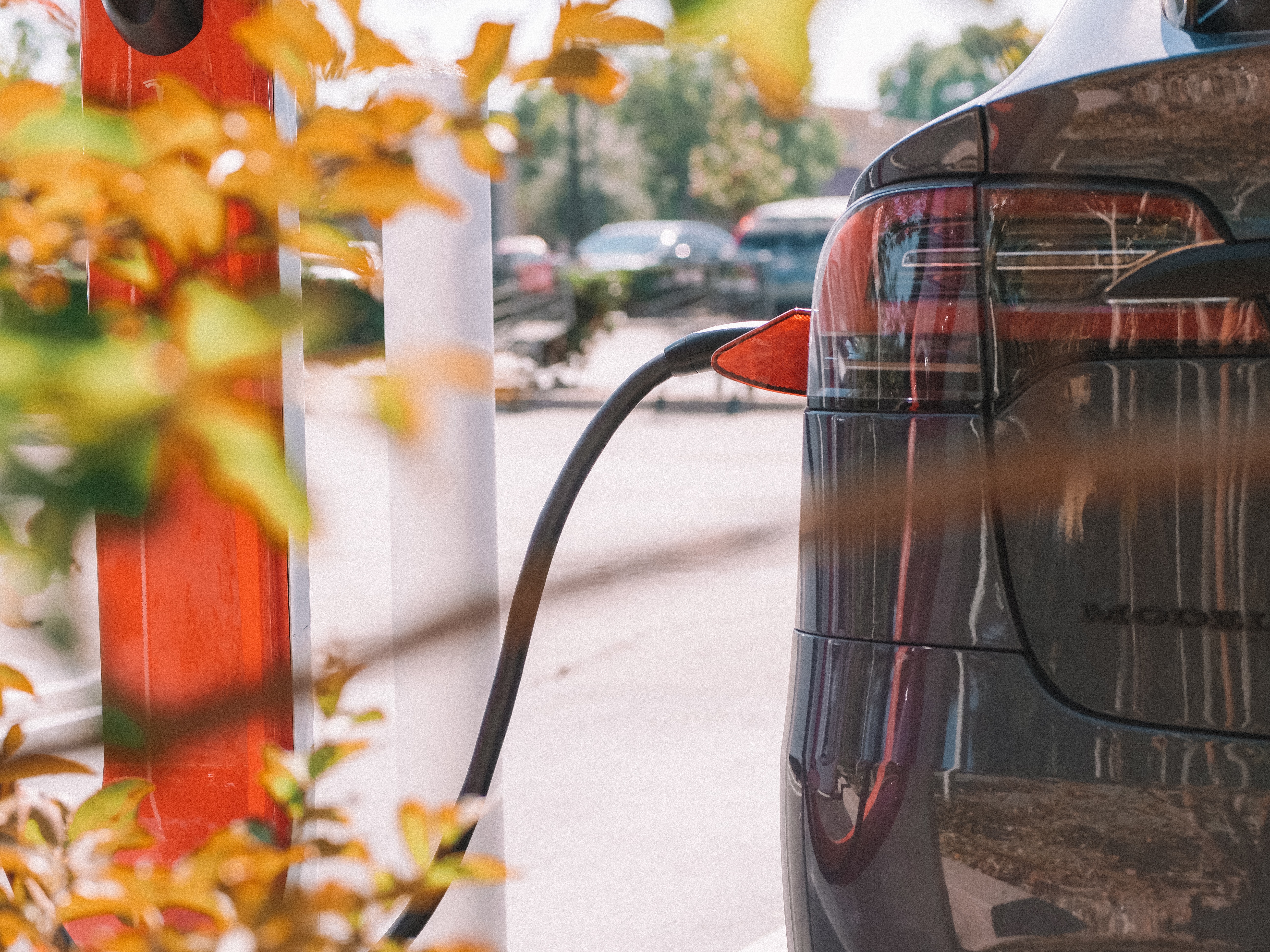2024 Agency Request Legislation: Carbon market linkage with California & Quebec

Under the Climate Commitment Act (CCA) in RCW 70A.65.210, the Legislature directed us to consider linkage of Washington’s carbon market with the joint carbon market of California and Québec. Director Laura Watson issued a preliminary decision to pursue linkage on Nov. 2, 2023. We need to submit agency request legislation to amend provisions of the CCA.
The bill includes changes to the statute that may be necessary to allow linkage, as well as potential housekeeping provisions to address other issues with the CCA.
I want to...
Background
RCW 70A.45.020 requires Washington state to reduce overall greenhouse gas emissions to 95% below 1990 levels by 2050. In 2021, the state Legislature passed the Climate Commitment Act (CCA) to create the cap-and-invest program, a comprehensive and economy-wide program designed to help Washington achieve emissions-reduction goals.
When the CCA was passed, there was only one state in the U.S. — California — with an economy-wide greenhouse gas emissions trading program. California began its program in 2012. In 2013, a similar program started in Québec, Canada. California and Québec linked their programs in 2014, creating one shared carbon market.
In a linked cap-and-invest program, Washington’s carbon market would combine with the joint California-Québec market to create a single shared market. A linked program would have joint allowance auctions with a common allowance price across all the jurisdictions.
Allowances could be used to cover emissions in any of the three jurisdictions, regardless of which jurisdiction originally added them to the market. Market participants also would be able to trade allowances across jurisdictions, meaning a business in Washington state could sell allowances to a business in California, for example.
Proposal
California and Québec are focused on updates to their own programs not related to linkage. When they're done with that process, they'll begin assessing Washington's program and whether they want to link. At that point, we want our program in alignment so it can easily be linked with them. We’re evaluating the current law for changes to help us more closely align Washington’s program with the California-Québec program.
Parts of the law proposed to be amended include, but are not limited to:
- Increasing the allowance purchase limit for covered entities from 10% to 25%.
- Removing the additional holding limit for allowances issued in a given calendar year.
- Revising offset provisions to allow more offset credits to be sourced from projects on Tribal lands.
- Revising offset provisions for the subset of projects that can come from a linked jurisdiction.
- Changing to definitions and policies related to electricity reporting and imports.
- Changing the deadline for the CCA Spending Report to Nov. 20, 2023.
- Shortening auction application timelines for reserve auctions.
- Allowing Washington to deviate from the Environmental Protection Agency greenhouse gas reporting requirements.
- Including a mechanism for Ecology to be able to modify certain provisions via rule, as necessary, to implement linkage.
During this evaluation and conversations with stakeholders, other statutory amendments — including some that aren't related to linkage — might be identified.
Before we can link, California and Québec still need to go through their own respective processes to determine whether to link with Washington, and Ecology will need to engage in rulemaking.
Environmental Justice Assessment
This agency request legislation proposal is a significant agency action under the HEAL Act (RCW 70A.02) and required us to conduct an Environmental Justice Assessment.
In case you missed it: We held two virtual public listening sessions in October 2023. You can watch them on YouTube:
- Oct. 25, 2023: Public Meeting about EJ Considerations for Potential Agency Request Legislation
- Oct. 26, 2023: Public Meeting about EJ Considerations for Potential Agency Request Legislation
Comment & engagement opportunities
We held a virtual Q&A session Nov. 16, 2023, to share more information about the proposed request legislation. Watch it on YouTube.
Related links
Contact information
Tamara Jones
Senior Legislative Planner – Climate Pollution Reduction Program
Tamara.Jones@ecy.wa.gov
564-669-3713

